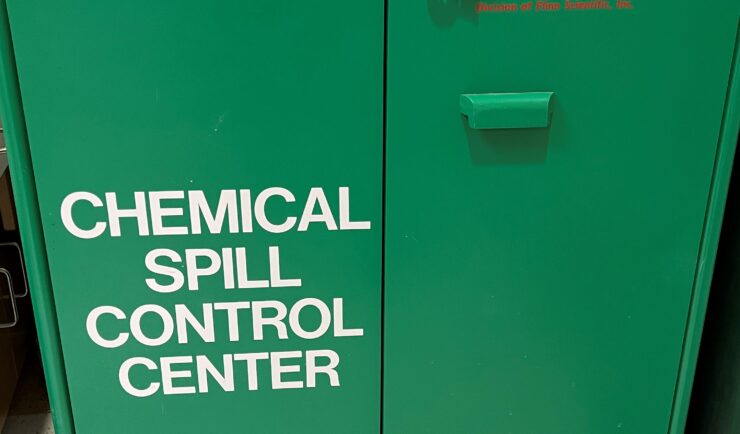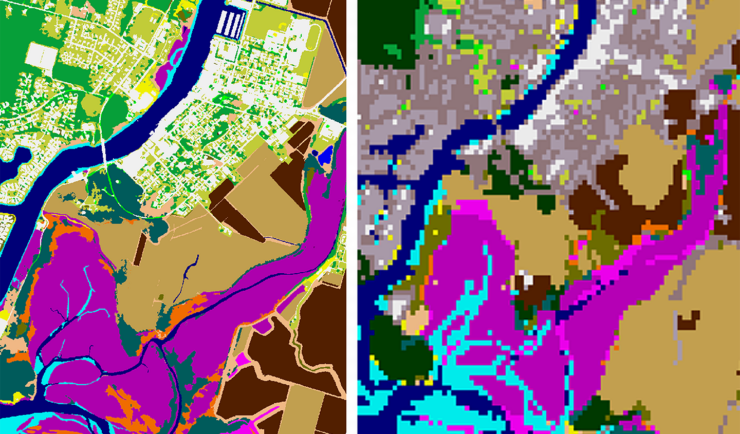
CSS scientists supporting the Environmental Protection Agency’s Office of Pesticide Programs are reviewing modeling data that evaluates the potential for transfer of chemical residues from pregnant and nursing animals to fetuses and infants. The vast majority of data come from pharmaceuticals, but staff are reviewing some data from pesticides and other environmental contaminants as well. Staff are reviewing the data for measured concentrations in maternal blood and milk as well as fetal tissues in laboratory animals and humans. The objective of this work is to better understand the various models being developed and use this modeling data to help refine risk assessment for pesticides.

See More CSS Insights

Evaluating the Use of Earth Observations Digital Twin Technologies
Earth Observations Digital Twin technologies are data analytics, artificial intelligence, and advanced modeling technologies that provide an estimate of the true state of the Earth. An Earth Systems Digital Twin is observations-based and grid-flexible with multiple components and high-resolution data over space and time to capture all available observations and feed a variety of direct…

Employees Receive Green Sustainability Award of Excellence
Congratulations to our team supporting the Center for Disease Control (CDC) for receiving the Green Sustainability Award of Excellence. Our team led the charge helping CDC to upgrade their spill cabinets across all campuses (Atlanta, GA; Fort Collins, CO; San Juan, PR), which now include a more sustainable material called Trivorex ®. This highly absorbent…

New Heavily Desired High Resolution Land Cover Data for the U.S.
The National Oceanic and Atmospheric Administration recently announced the launch of the long desired high-resolution coastal land cover data. This highly anticipated data are available for most coastal areas of the U.S., including Alaska and the U.S. territories. CSS employee owners contributed to the release of this data set by participating in production activities and…
